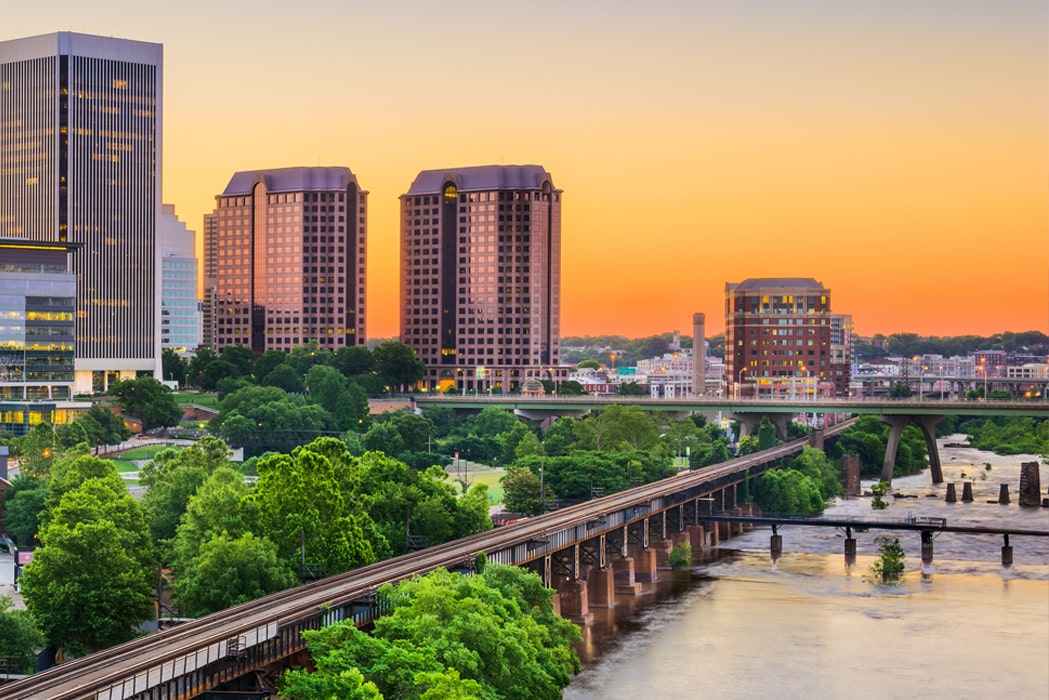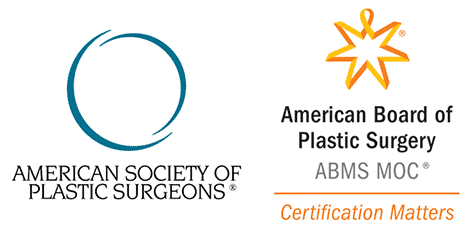 Over the years, advancements in surgical technologies and techniques have made facelift plastic surgery safer and less invasive.
Over the years, advancements in surgical technologies and techniques have made facelift plastic surgery safer and less invasive.
Facelift plastic surgery also has certain associated risks, similar to any surgical procedure. At the time of the pre-op consultation, the surgeon will explain various aspects of facelift surgery to the patient, including its potential risks and complications.
Patients should unhesitatingly ask the surgeon questions on the risks and safety of this procedure and feel fully satisfied prior to commencing with facelift surgery.
A responsible surgeon will answer all questions and clear any doubts that the patient may have regarding the facelift.
Modern Body Contouring & Laser Center, led by board certified plastic surgeons Dr. Burton M. Sundin and Dr. Reps B. Sundin, provides facelift to patients in Northern Virginia, Washington DC, Vienna, McLean, Loudoun, Ashburn, Tysons Corner, Reston, Arlington, Chevy Chase, Richmond, Fredericksburg, and surrounding locations.
Common Risks
Poor Response to Anesthesia
Surgeons usually perform facelift surgery under general anesthesia. Administering anesthesia is a safe procedure, but in some rare cases, it may cause a poor response. This risk is higher in patients with pre-existing medical issues.
Infection
Any surgical procedure has an inherent risk of infection development, including facelift plastic surgery. To mitigate this risk, it is vital that the surgical venue maintains the highest standards of hygiene and cleanliness.
On their part, patients can minimize this risk by following the surgeon’s post-operative instructions in a dedicated manner to ensure that the incision areas are protected against germs and contaminants.
Hematoma
Hematoma occurs if the patient experiences bleeding underneath the skin in the incision areas. It can lead to discomfort in the affected areas in addition to swelling and skin discoloration. The patient may need additional treatment to address this condition. To minimize the risk of hematoma, the surgeon may place temporary drain tubes.
Nerve Damage
In exceptional cases, an aggressive facelift plastic surgery procedure may lead to a nick or cut in a facial nerve. This can cause numbness in the face and even lead to facial paralysis in extreme situations. However, it is possible to treat this condition, and the damage will likely be temporary.
Unwanted Scarring
A facelift is a major surgical procedure, which will involve a certain level of scarring. But an expert surgeon will make incisions in a discreet manner to make sure that any future scarring remains hidden. But in rare cases, the scarring may be visible, and the scars may not be hidden in the hair or the hairline.
Minimizing the Risks
To reduce the risks associated with facelift surgery, the patient should work with a skilled and experienced cosmetic surgeon.
Board certified plastic surgeons typically invest in the latest surgical techniques, maintain top-notch quality standards, pursue continuing education, and follow the latest safety protocols.
The patient, on their part, should truthfully reveal all relevant information that the surgeon requires pertaining to their health condition, drug intake, and smoking and drinking habits. This will enable the surgeon to make the necessary changes to reduce surgical risk.
Plastic surgeons at MBody receive patients from Northern Virginia, Washington DC, Vienna, McLean, Loudoun, Ashburn, Tysons Corner, Reston, Arlington, Chevy Chase, Richmond, Fredericksburg, and nearby areas for facelift surgery.
For more information on the surgical and non-surgical procedures and treatments by Board Certified Cosmetic Plastic Surgeons Dr. Reps Sundin and Dr. Burton Sundin please visit
Serving Northern Virginia, Washington DC, Vienna, McLean, Fairfax, Loudoun County, Ashburn, Tysons Corner, Reston, Arlington, Fredricksburg, Chevy Chase, Potomac, Maryland Richmond, VA and surrounding communities.






